DanceSafe National
DanceSafe National
Executive Staff
DanceSafe’s Executive Staff is responsible for overseeing the operations and functions of the organization. The three operate linearly, occupying high-level roles and overseeing executive functions that are vital to the health of the organization. The Executive Staff works with the Board of Directors, other staff and outreach coordinators, Chapters, and contractors to create the living organism that is DanceSafe.
Send us a message!
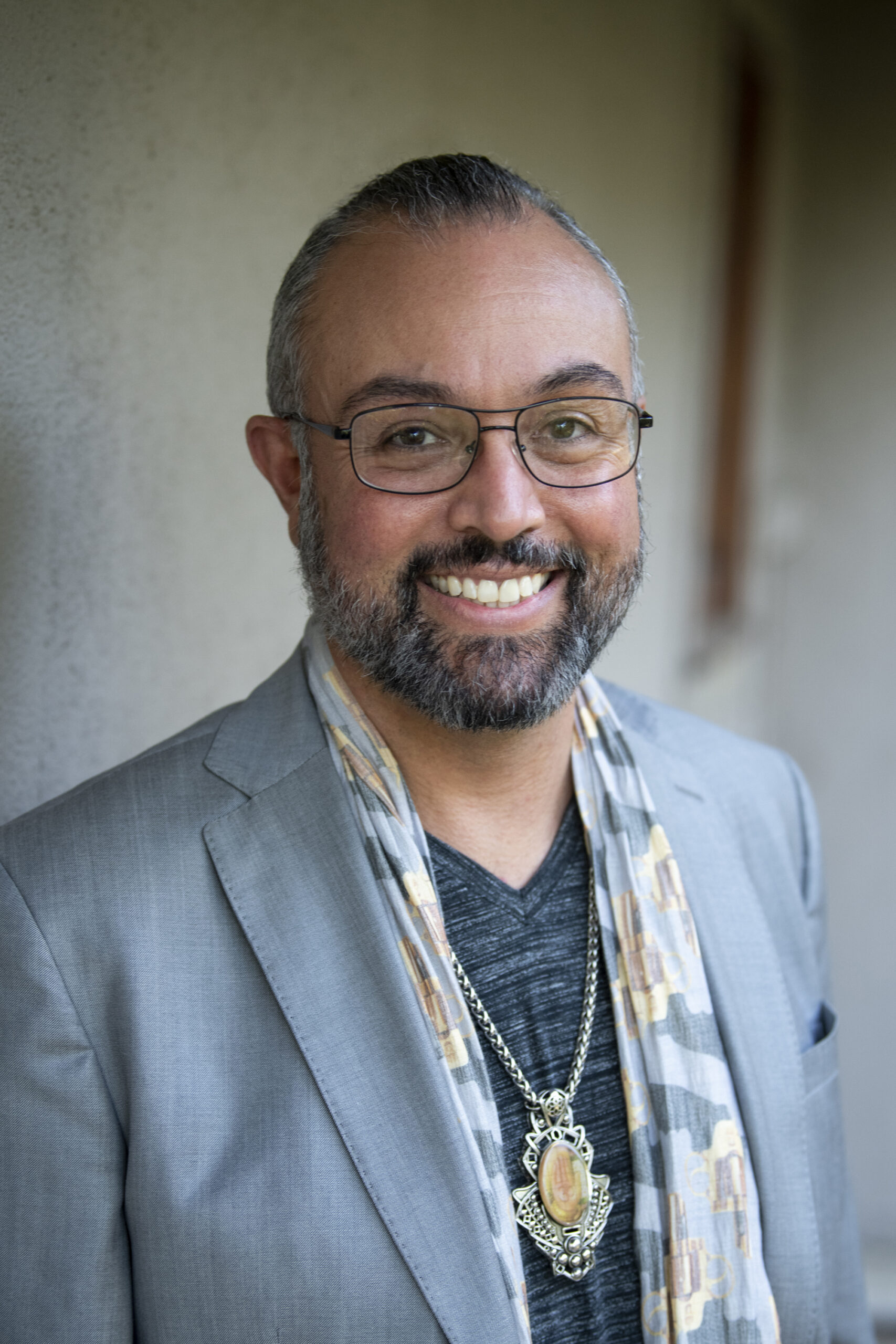
Mitchell Gomez (he/him)
Executive Director
Fundraising, media relations, outreach negotiation services
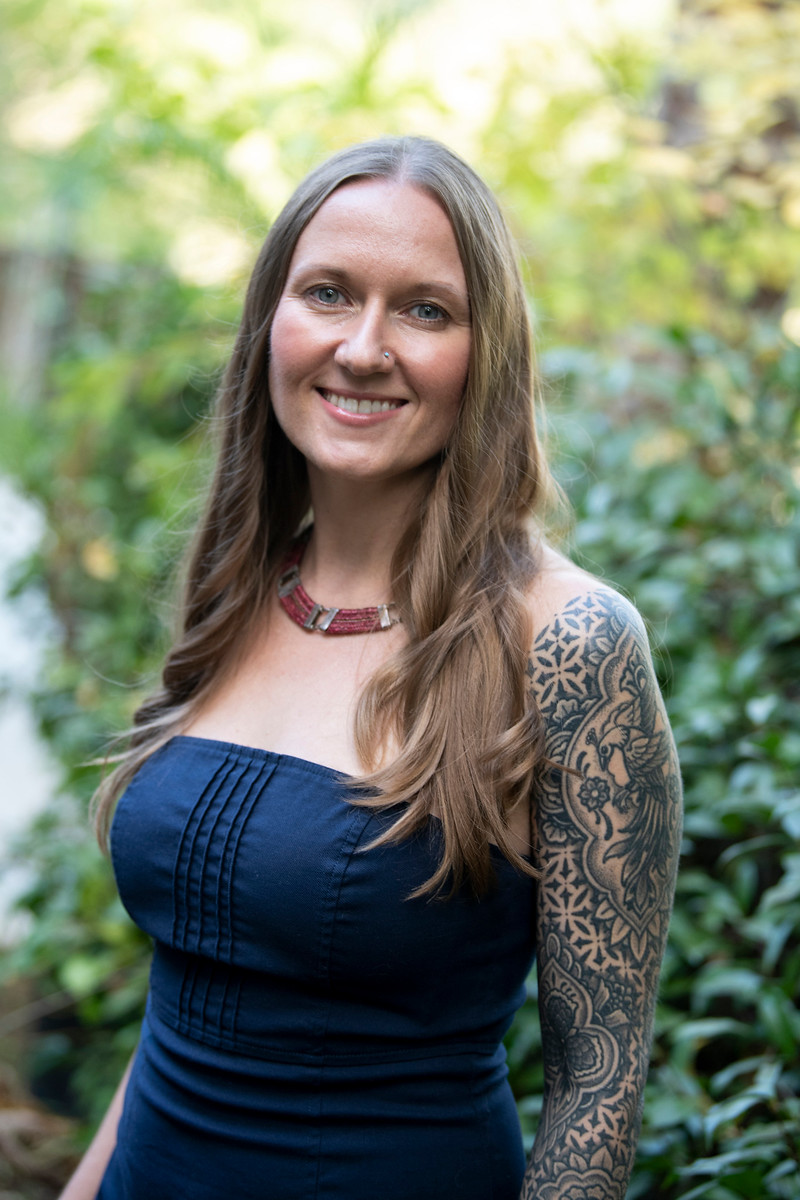
Jessica Breemen, MSW, PSM (she/her)
Chief Growth & Impact Officer
Capacity building, organizational health and design, digital strategy, innovation, sustainability
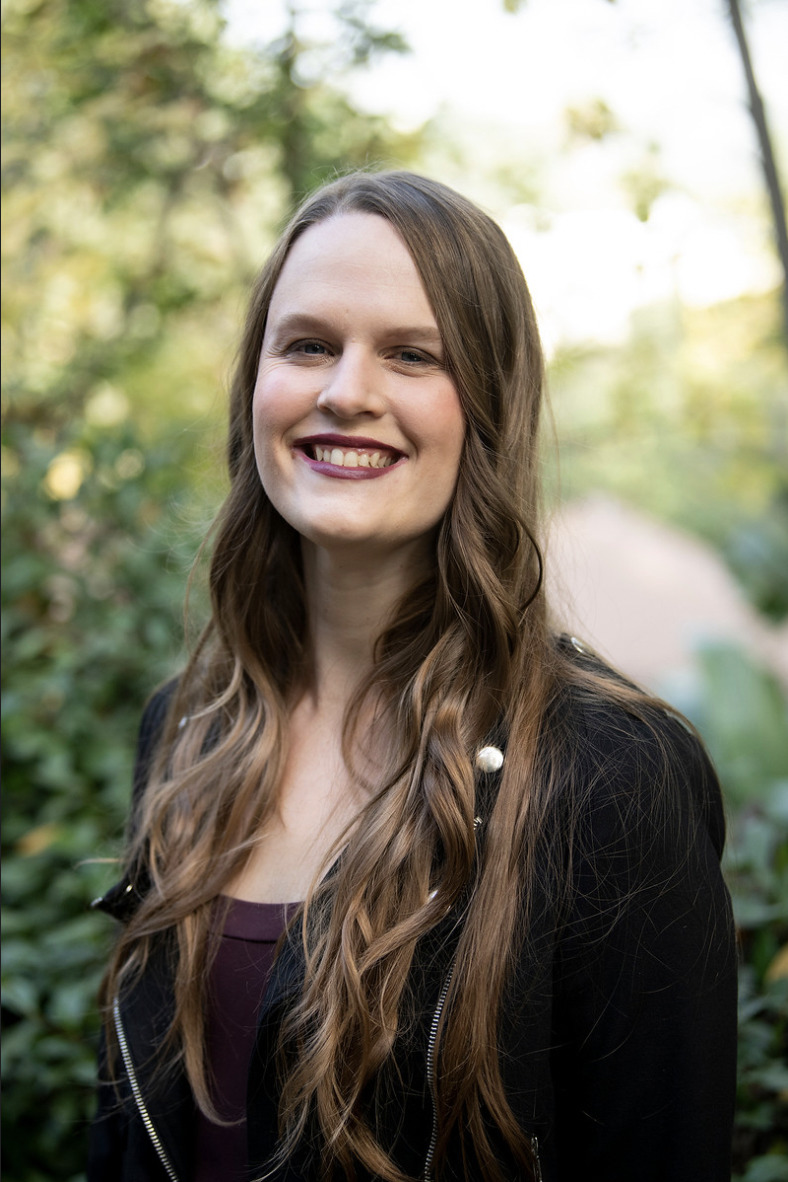
Kristin Karas (she/her)
Chief Operations Officer
Programs, strategic planning, brand management, chapter development
Staff

Rachel Clark (she/her)
National Outreach Director
Educational materials & strategy, drug checking, social media, terrible costumes
Contractors

Josh (he/him) & Bex (she/her) Terry
Brand Managers
Brand development, creative strategy, production
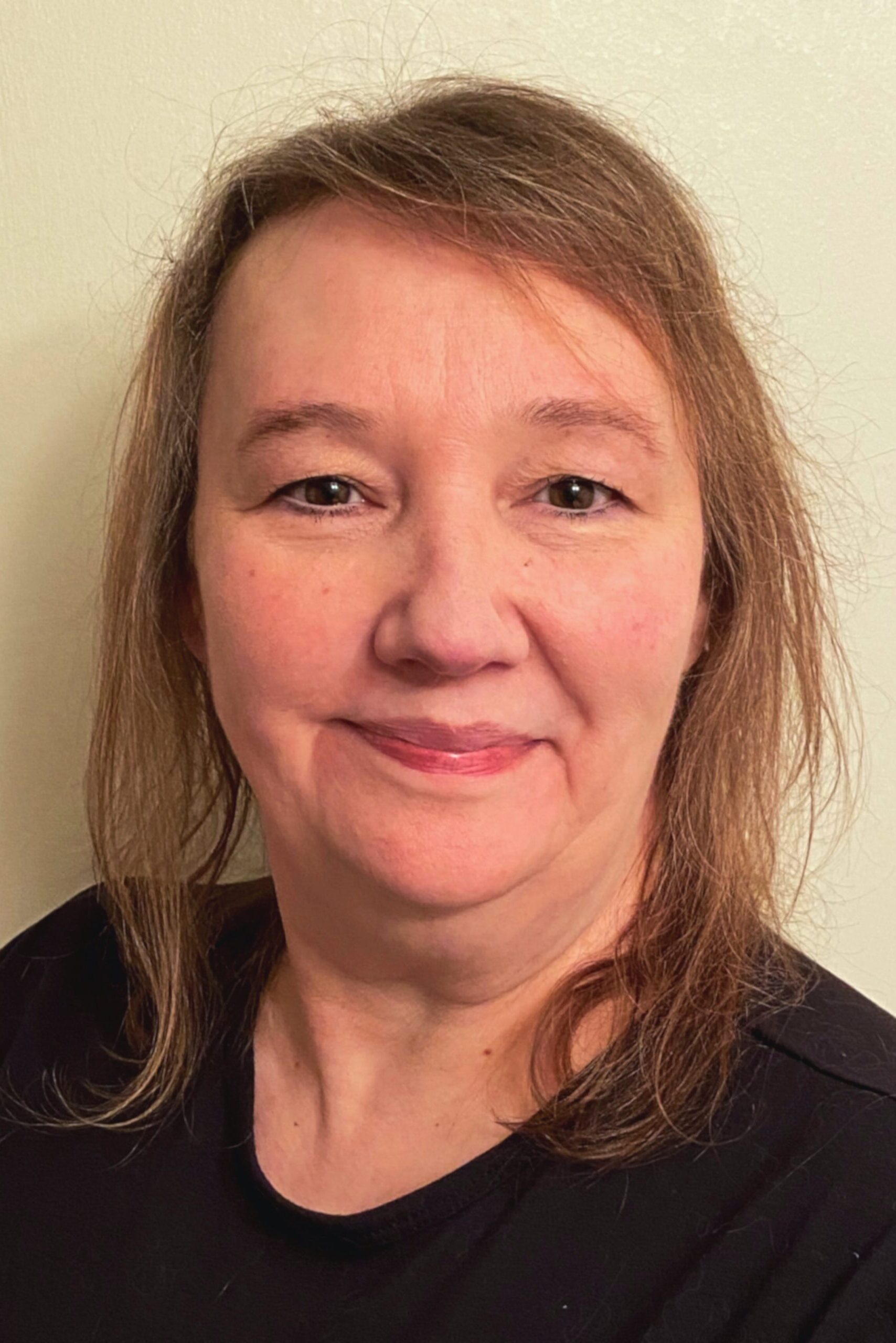
Marcia Hofmann (she/her)
Director of Business Operations
Technical & financial operations, business process creation, operational policies
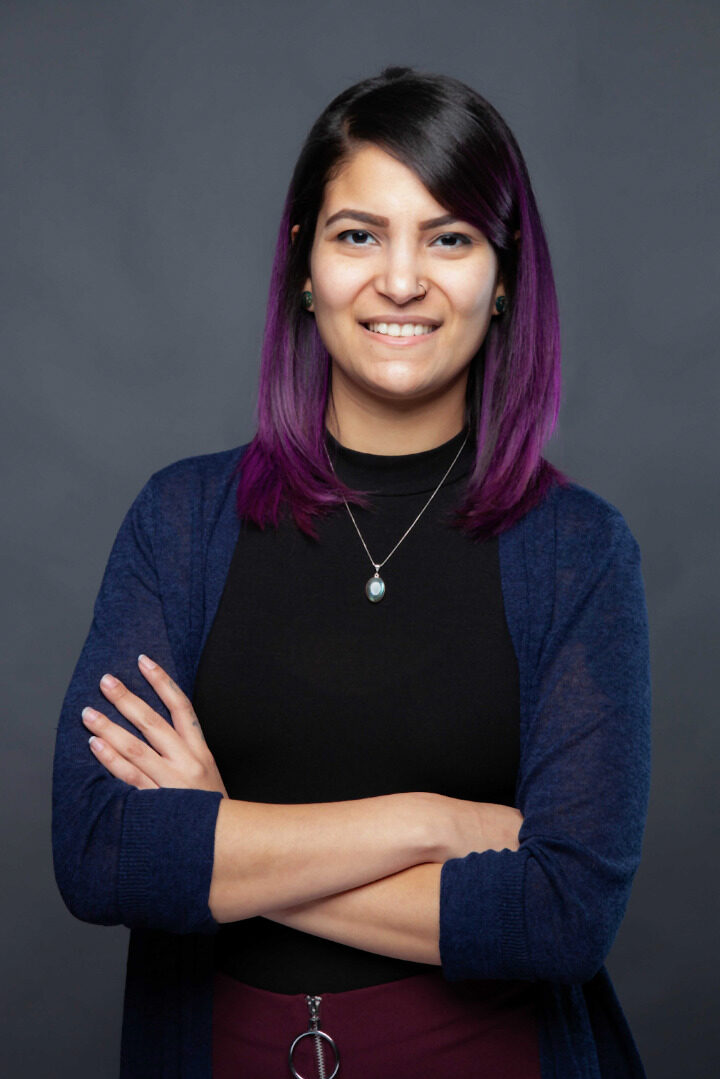
Rae Elkasabany (she/her)
FTIR Program Coordinator
FTIR analysis and strategy, drug checking, festival outreach, purple

Sloane Ferenchak (she/her), MEd, MA, PsyD
WeLoveConsent Program Coordinator
Program design & implementation, education & training, consent culture development

Stacey Forrester (she/her)
Conduct Liaison
Conflict resolution, transformative justice, consent education
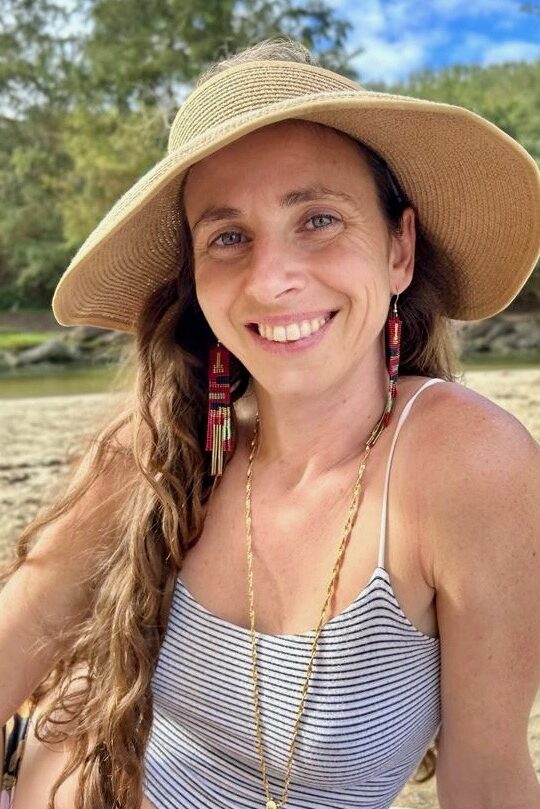
Chelsea Rose-Pires, MA, LMFT (she/her)
Reagent Test Kit Program Manager
Customer service, program development, order fulfillment
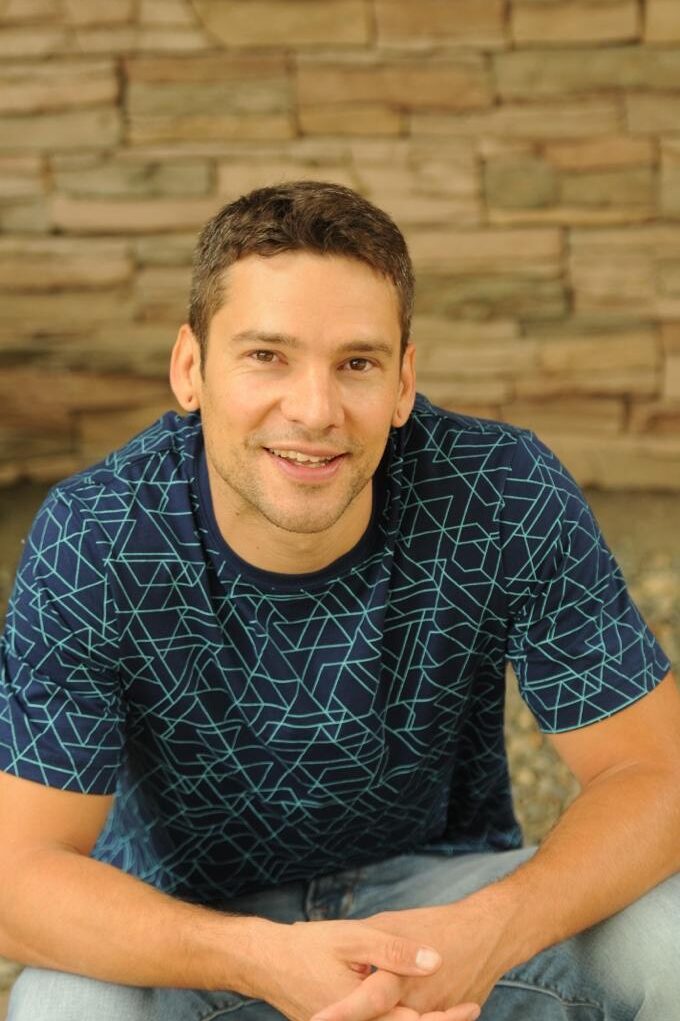
Alexandre Pires (he/him)
Reagent Test Kit Program Manager
Customer service, program development, order fulfillment
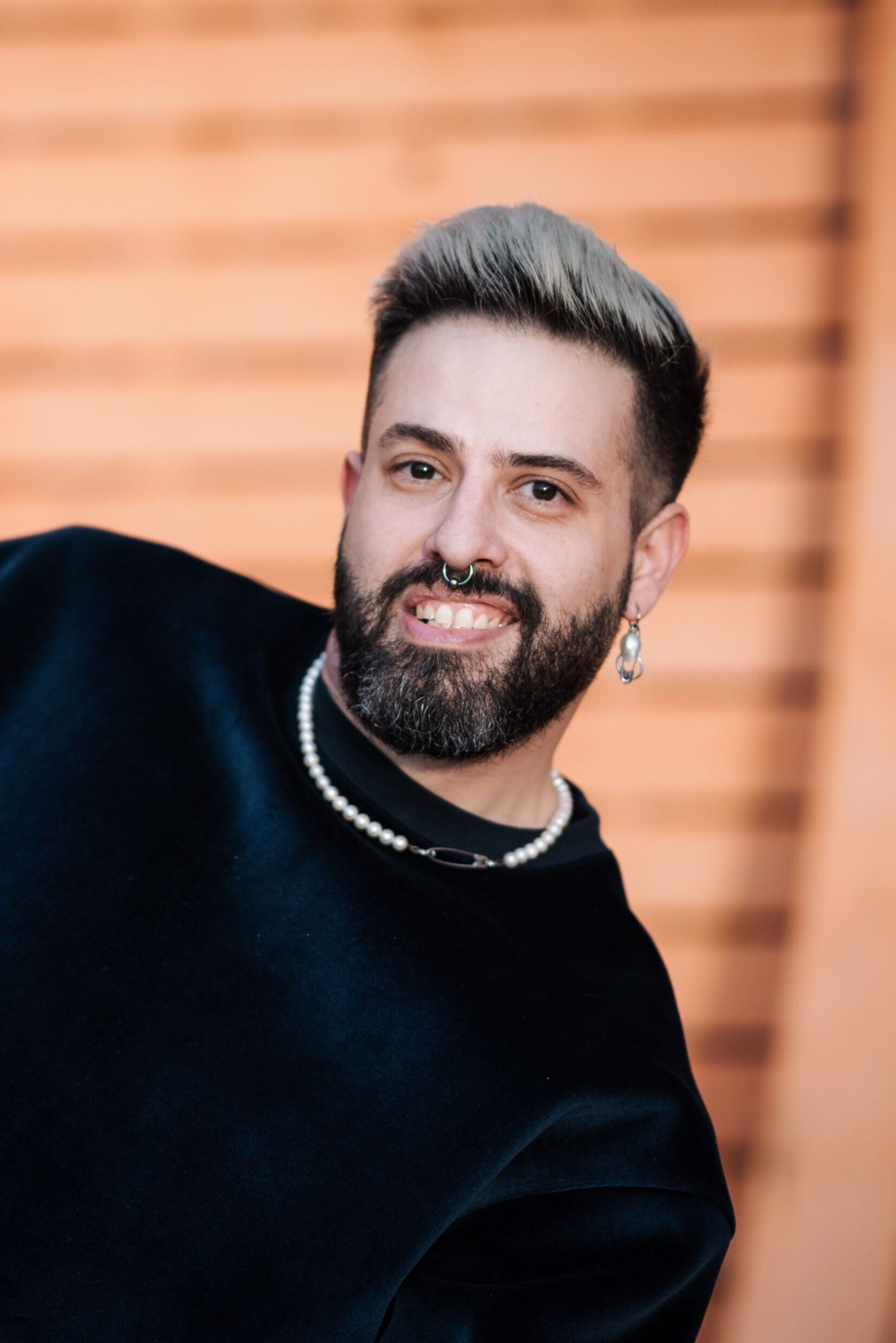
Andrea Rodriguez (they/them)
Community Cultivation Coordinator

Aisha Saleemi (any/all)
National Outreach Associate
Systems development, outreach strategy, logistical & inventory magic
Board of Directors
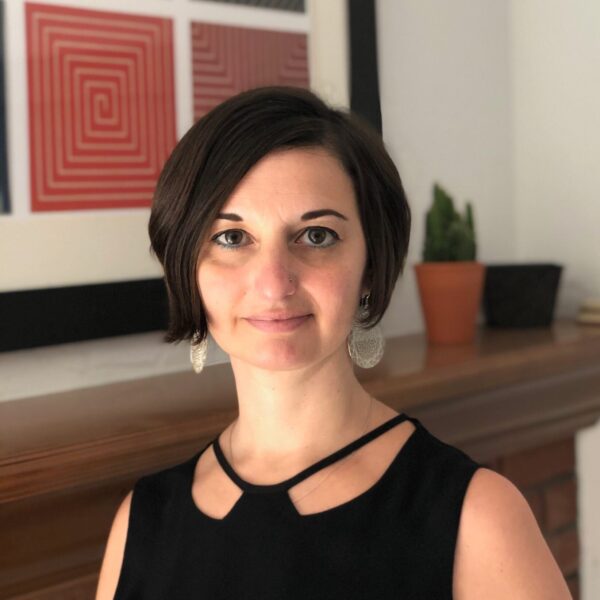
Dina Perrone, MA, PhD (she/her)
Dr. Dina Perrone is an assistant professor in the School of Criminology, Criminal Justice, Emergency Management at California State University, Long Beach. She earned two BAs from the State University of New York at Geneseo, and both her MA and PhD in Criminal Justice from the School of Criminal Justice at Rutgers University-Newark. She was a NIDA-funded Behavioral Sciences Training Pre-Doctoral Fellow at the National Development and Research Institutes, Inc. Her research focuses on drug using patterns and harms with the goal of informing drug policy. Her book, The High Life: Club Kids, Harm and Drug Policy, describes drug use in NYC nightlife, and her other work investigates the use of novel psychoactive substances including salvia divinorum and synthetic cannabis.
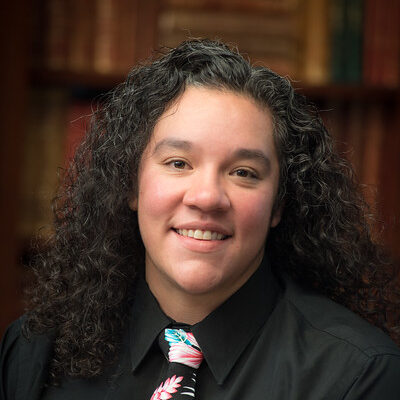
Monique Chavez, JD (she/her)
Monique Chavez comes to DanceSafe with over 16 years of experience in harm reduction, event production, project management and anything legal. Born and raised in Albuquerque, NM, Monique is a two-time graduate from the University of New Mexico, earning both a BS in Biology and a Juris Doctor. Monique’s passion for drug policy reform grew from her early experiences in the New Mexico nightlife community, as the former co-founder of Students for Sensible Drug Policy, through an internship with the Drug Policy Alliance, and as the former founding director of New Mexico NORML. Monique is passionate about providing honest and open drug education and awareness to the general public, where the stigma of drug use is still unscathed.
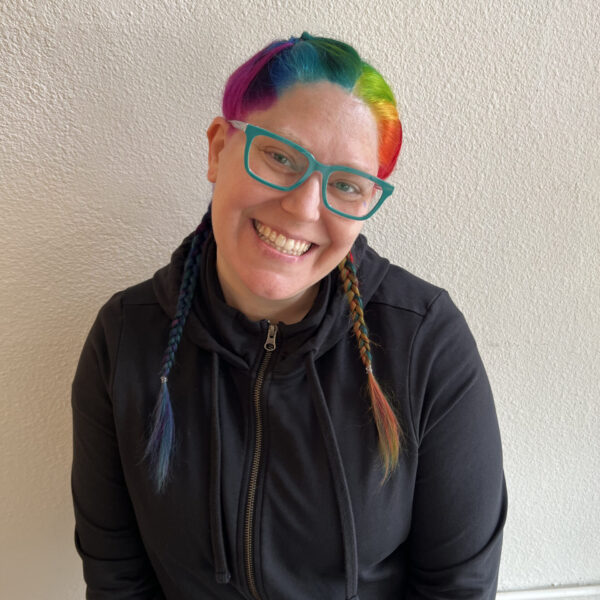
Chalaina Connors, MA, LPC
Chalaina is a compassionate and experienced licensed professional counselor with a focus on empowering individuals who have experienced intimate partner violence and sexual assault trauma. With over 15 years in the field of mental health, Chalaina’s expertise is in evidence-based therapies for treating PTSD. Additionally, she holds a certificate in psychedelic therapies and research, expanding her horizons to explore innovative ways to address mental health challenges. Chalaina is also actively involved in promoting safety and harm reduction within the dance community through her volunteer work with DanceSafe. Outside of her profession, Chalaina finds joy in dancing, dot mandala art, and spending quality time with adorable kitties. Her dedication to healing, community involvement, and creative pursuits makes her a well-rounded and impactful counselor and leader.
Advisory Council
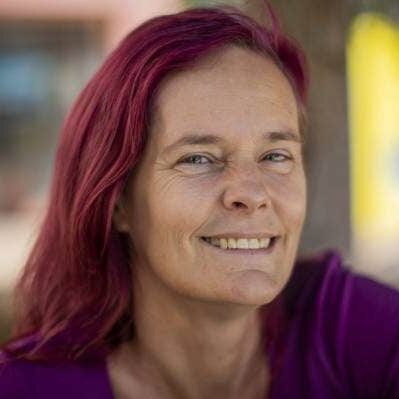
Wendy Allison
Wendy is a New Zealand based harm reduction advocate who has been involved with harm reduction and drug policy reform since 2008. Over the last three years she has been instrumental in introducing substance checking at festivals and events in New Zealand, training a small team to use reagents and infrared spectroscopy, and sharing information with participants on drug related matters. Her academic background is in Social Policy and Criminology, with a focus on drug policy and the impact of changes to the legislation surrounding psychoactive substances on the drug using community.

Betty Aldworth
Betty Aldworth became Executive Director of SSDP in February 2014 and since led the organization through its most substantial growth. She served as spokesperson and advocacy director for Colorado’s successful 2012 Campaign to Regulate Marijuana Like Alcohol, the collaborative committee responsible for legalizing, taxing and regulating marijuana for adults in Colorado, and was the Deputy Director of the National Cannabis Industry Association in 2013, the organization’s fastest year of growth.
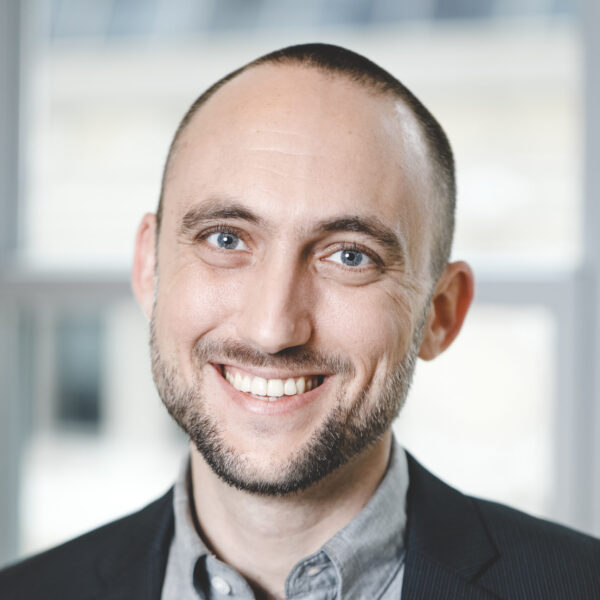
Jag Davies
Jag has 15 years of professional experience working to establish drug policies grounded in science, compassion, health and human rights. As director of communications strategy at the Drug Policy Alliance (DPA), where he has worked since 2009, Jag oversees the organization’s messaging, publications, and strategic communications. Prior to DPA, Jag served as policy researcher for the American Civil Liberties Union (ACLU) Criminal Law Reform Project and as director of communications for the Multidisciplinary Association for Psychedelic Studies (MAPS).
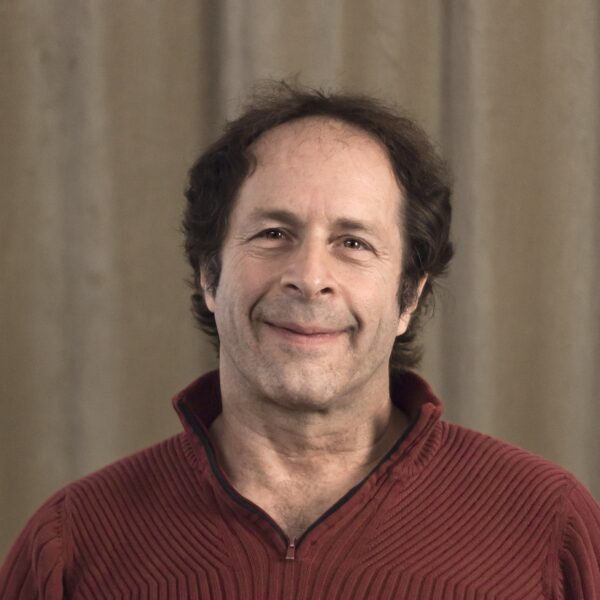
Rick Doblin
Rick Doblin, Ph.D., is the founder and executive director of the Multidisciplinary Association for Psychedelic Studies (MAPS). He received his doctorate in Public Policy from Harvard’s Kennedy School of Government, where he wrote his dissertation on the regulation of the medical uses of psychedelics and marijuana, and his Master’s thesis on a survey of oncologists about smoked marijuana vs. the oral THC pill in nausea control for cancer patients. Rick studied with Dr. Stanislav Grof and was among the first to be certified as a Holotropic Breathwork practitioner. He founded MAPS in 1986.
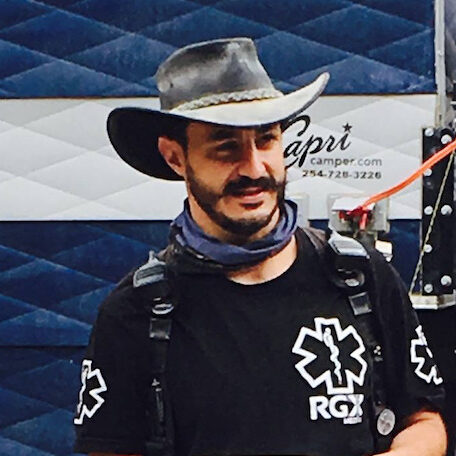
Richard Gottlieb (Wolverine)
Richard Gottlieb, R.N., Founder of RGX Medical, has been a leader in providing compassionate medical and mental health services to the festival community for eight years. Richard has served as medical supervisor for the Burning Man Emergency Services Department since 2010 and is the Medical Lead for over 30 events a year. His medical model is based on the principles of harm reduction with a focus on reducing unnecessary arrests and hospitalizations as well as closely collaborating with other harm reduction agencies such as The Zendo Project, DanceSafe, and The Drug Policy Alliance.
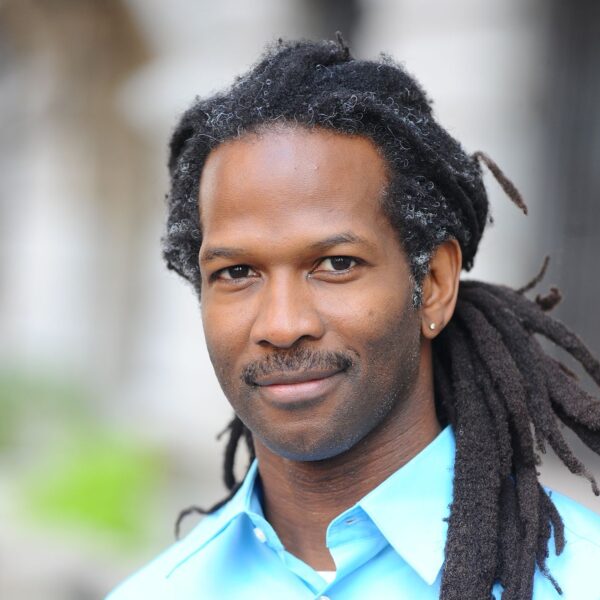
Carl Hart
Carl Hart is the Chair of the Department of Psychology at Columbia University. He is also the Dirk Ziff Professor of Psychology in the Departments of Psychology and Psychiatry. Professor Hart has published numerous scientific and popular articles in the area of neuropsychopharmacology and is co-author of the textbook Drugs, Society and Human Behavior (with Charles Ksir). His most recent book, “High Price: A Neuroscientist’s Journey of Self-Discovery That Challenges Everything You Know About Drugs and Society,” was the 2014 winner of the PEN/E.O. Wilson Literary Science Writing Award.
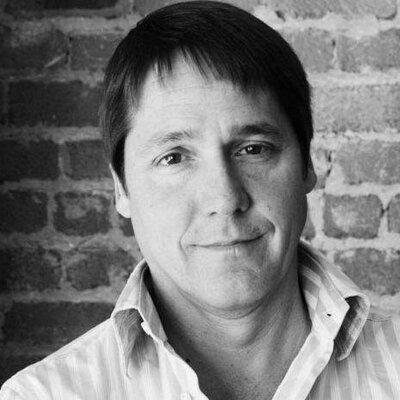
Allen Hopper
Allen Hopper was a senior staff attorney at the American Civil Liberties Union’s Drug Law Reform Project. He represented Professor Lyle Craker in his appeal of the U.S. Drug Enforcement Administration’s denial of his application to grow research-grade marijuana for use in studies that aim to develop it into a legal, prescription medicine. At the ACLU, Mr. Hopper focuses on marijuana policy-related litigation. Mr. Hopper works with ACLU staff to conceptualize public education campaigns that aim to shift our nation’s punitive drug policies away from over-incarceration and towards a public health approach.

Android Jones
Lyons, Colorado born independent artist Android Jones began studying art at age 8. He attended the Ringling School of Art and Design in Sarasota FL, where he trained in traditional academic drawing/painting and animation. Jones interned at George Lucas’ Industrial Light and Magic and later founded Massive Black, an art development company based in LA. Android began his career as an independent artist in 2005. He now lives in his home town of Lyons, maintaining a large art studio in a repurposed barn.

Stefanie Jones
Stefanie served as director of audience development at the Drug Policy Alliance, based in New York. In this role she oversaw communication and outreach to specific communities on drug use and drug policy topics, including on novel psychoactive substances (NPS) and DPA’s youth drug education work. In her prior role within the organization as event manager she produced four progressively larger editions of the biennial International Drug Policy Reform Conference, as well as numerous local policy conferences, fundraisers and coalition-building meetings.
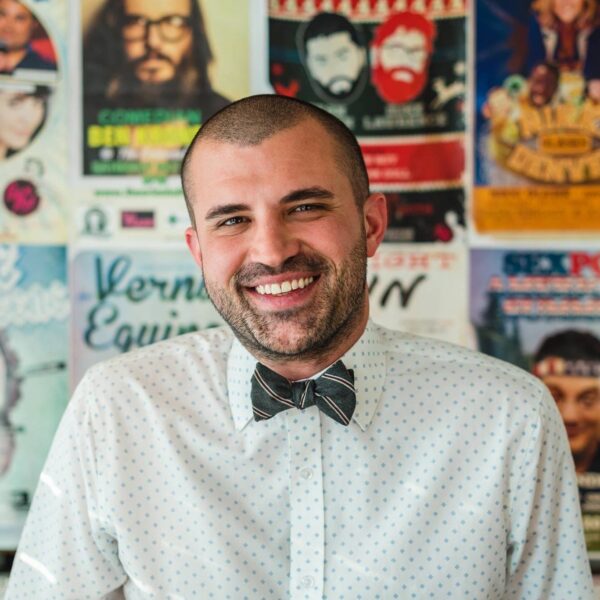
Kayvan Khalatbari
A leading executive in the cannabis industry, Kayvan Khalatbari co-founded Denver Relief, which was the longest-operating cannabis business in Colorado prior to its sale to Willie Nelson in 2016. Kayvan has been active in cannabis advocacy and government relations for over a decade and currently sits on the board of directors for the NCIA, Resource Innovation Institute, Minority Cannabis Business Association, Students for Sensible Drug Policy, Harm Reduction Action Center, and co-chairs a Committee within the Denver Department of Environmental Health to promote environmental stewardship in the cannabis industry.

Ethan Nadelmann
Described by Rolling Stone as “the point man” for drug policy reform efforts and “the real drug czar,” Ethan is widely regarded as the outstanding proponent of drug policy reform both in the United States and abroad. He founded and directed (from 2000 to 2017) the Drug Policy Alliance. He has played a key role as drug policy advisor to George Soros and other prominent philanthropists as well as elected officials ranging from mayors, governors, and state and federal legislators in the U.S. to presidents and cabinet ministers outside the U.S.
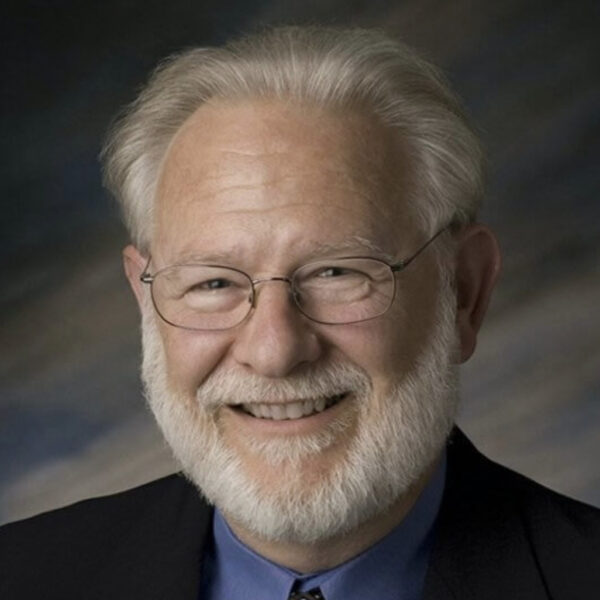
David Nichols
David Nichols is an American pharmacologist and medicinal chemist. Previously the Robert C. and Charlotte P. Anderson Distinguished Chair in Pharmacology at Purdue University, Nichols has worked in the field of psychoactive drugs since 1969. While still a graduate student, he patented the method that is used to make the optical isomers of hallucinogenic amphetamines. His contributions include the synthesis and reporting of escaline, LSZ, 6-APB, 2C-I-NBOMe and other NBOMe variants, and several others, as well as the coining of the term “entactogen”. Among pharmacologists, he is considered to be one of the world’s top experts on psychedelics.

The TeaFaerie
The Teafaerie writes stories, poems, movies, plays, and essays, makes videos, organizes flash mobs, and is one of the founders of Prometheatrics, a big, beautiful Esplanade camp at Burning Man. At various times she has been a writer, nanny, actress, flow arts teacher, childbirth doula, homeless person, aid worker, live-action storyteller, toy inventor, app designer, street performer, and party promoter. Her column “Teatime, Psychedelic Musings From the Center of the Universe” comes out regularly on the psychedelic information site Erowid.org.
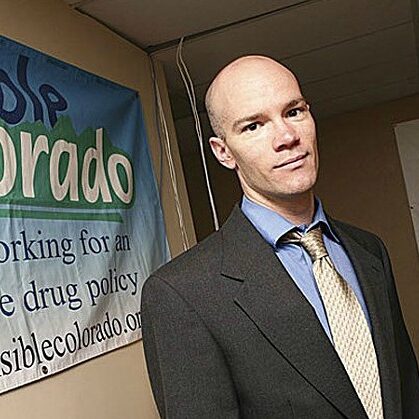
Brian Vicente
Brian Vicente, Esq., is a partner and founding member of Vicente Sederberg LLC. He served as the co-director of the Amendment 64 campaign and was one of the primary authors of this historic measure, which resulted in Colorado becoming the first state in the nation – and the first geographic area in the world – to make the possession, use, and regulated distribution of marijuana legal for adults. In 2010, Vicente was elected the first-ever chair of the National Cannabis Industry Association, the only trade association in the U.S. that works to advance the interests of marijuana-related businesses on the national level.
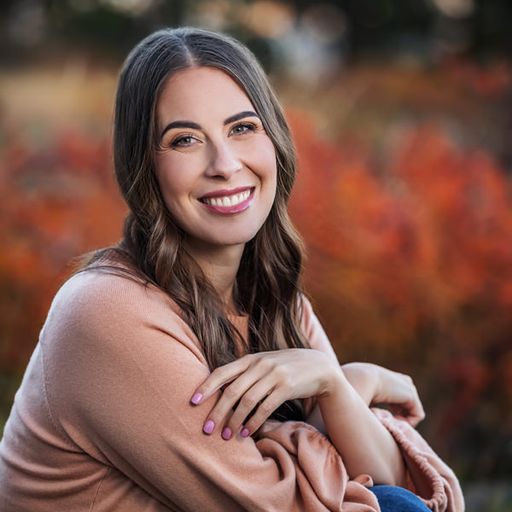
Sara Gael, MA, LPC
Sara is a therapist, educator, and harm reduction specialist. She served on the DanceSafe board of directors (2020-2023) and as board president. Sara has worked at the Multidisciplinary Association for Psychedelic Studies (MAPS) since 2013 where she held multiple roles including Harm Reduction Officer and Director of Harm Reduction, overseeing the work of the Zendo Project. Since 2015, she has worked as an Investigator for MAPS Phase 2 and Phase 3 clinical trials researching the safety and efficacy of MDMA-Assisted Therapy for PTSD and currently works as a MAPS Public Benefit Corporation Educator and Associate Supervisor. Sara has worked as the Course Director and Lead Facilitator for the Integrative Psychiatry Institute Psychedelic Assisted Therapy Training. She is the appointed harm reduction advocate representative on the Denver Psilocybin Mushroom Policy Review Panel.

